

on 10/29/2013
Pages: 739
Format: eARC
Buy on Amazon • Series Reading Order •
The First World War followed a period of sustained peace in Europe during which people talked with confidence of prosperity, progress, and hope. But in 1914, Europe walked into a catastrophic conflict that killed millions, bled its economies dry, shook empires and societies to pieces, and fatally undermined Europe’s dominance of the world. It was a war that could have been avoided up to the last moment—so why did it happen?
Beginning in the early nineteenth century and ending with the assassination of Archduke Franz Ferdinand, award-winning historian Margaret Macmillan uncovers the huge political and technological changes, national decisions, and just as important, the small moments of human muddle and weakness that led Europe from peace to disaster. This masterful exploration of how Europe chose its path towards war will change and enrich how we see this defining moment in history.
I received this book for free from in exchange for an honest review. This does not affect my opinion of the book or the content of my review.
Review by Travis Starnes
The War that Ended Peace looks at the pre-war politics that lead up to World War I. It examines in detail the politicians and military leaders, notable events and attitudes of those involved and how a world that seemed set on a lasting peace fell into one of the bloodiest conflicts the world has ever seen.
McMillan is both a talented research and historian as well as a skilled writer, a combination that you really appreciate when you later read a history book where only half that equation is true.
My first impression of the book is that he made some interesting conclusions. Other fairly notable works on the period talk about how eager many of the leaders were to go to war, and how many saw it as a forgone conclusion. Her focus on the various peace movements and beliefs of many that it was a new age of peace, while contradictory to other works on the subject, are no less interesting.
She really goes into excellent depth on the birth and expansion of both the various nationalistic movements happening across Europe as well as the alliances that sprang up at the birth of the 19th century. While the nationalistic fervor that overtook so many countries has been well examined her take on the alliances was interesting. I especially like how after explaining their complicated and sometimes foolishly implemented designs, she then drew parallels to more recent history. She brings up going points about how as globalization and modernization advance countries are lulled into a false sense of peace.
I also appreciate how detailed she got in examining the conflicts and notable events that slowly pushed the continent closer to war and how the death of one archduke could take Europe over the brink. This isn’t an examination of the war as a whole, rather a look at what made the war happen. Most books tend to focus on the battles and the death toll and only give a portion of a book to the pre-war years. It is nice to have a very readable and comprehensive book dedicated to the period.
If you are interested in not just World War I, but why it happened then this is the book to get. An excellent history read.
| Rating Report | |
|---|---|
| Plot | |
| Characters | |
| Writing | |
| Pacing | |
| Cover | |
| Overall: | 3.8 |





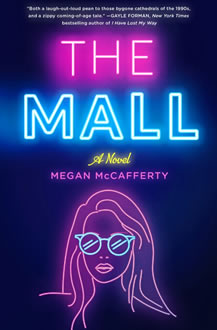
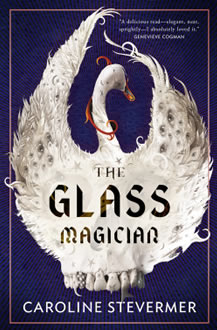
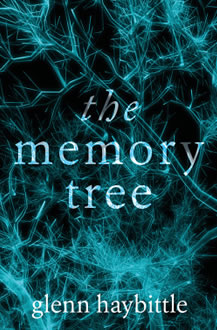
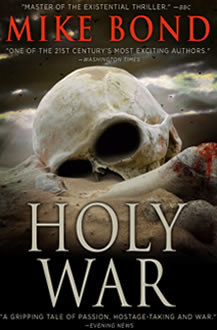
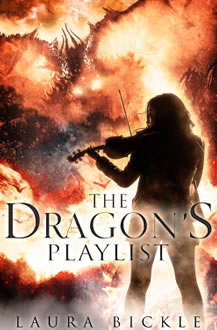
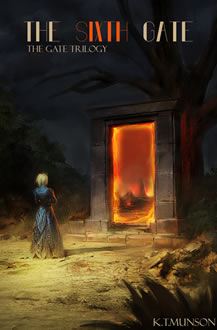
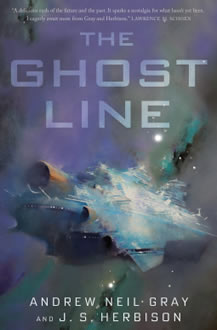
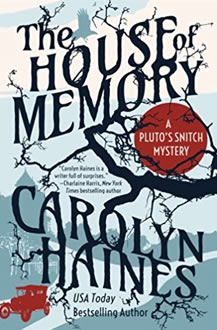
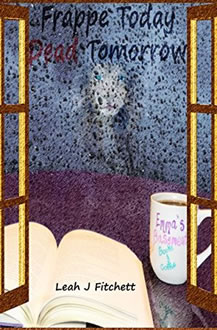
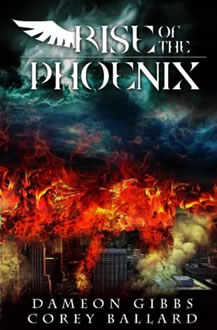
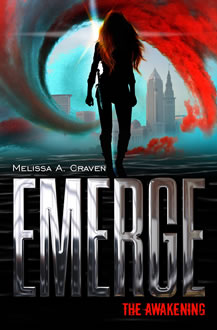
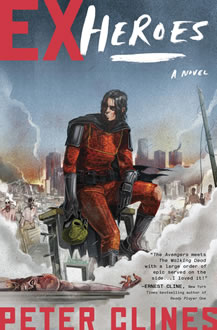
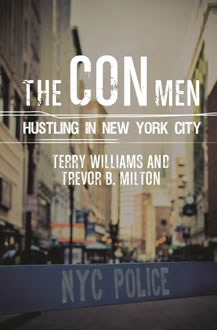
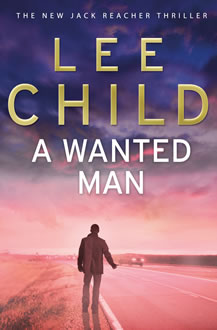
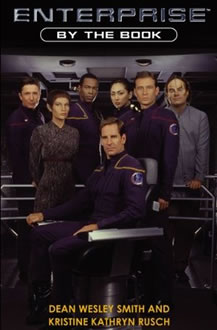
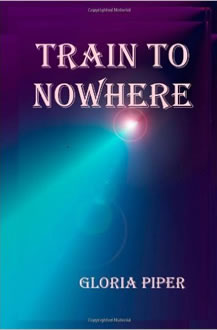




Daisy
I have to agree with you–this book is something a bit different as war histories go, and it’s very refreshing. I’m personally most interested in the human psychology and the social science behind why these things happen in the first place. It is books like this one that can really help us understand WHY history repeats itself, seeing patterns from the past reappearing in more recent events so we can create a more peaceful and prosperous future.
Mike
This is a book that y son purchased for me and loved it! Highly recommended.